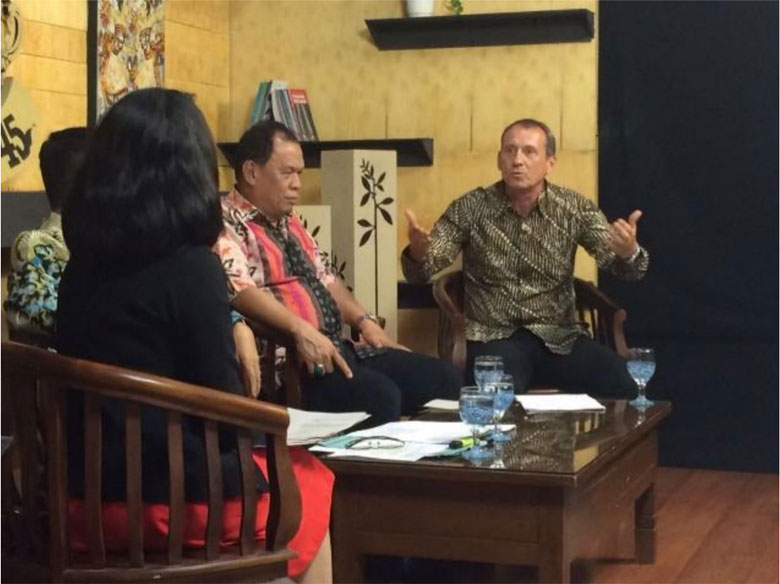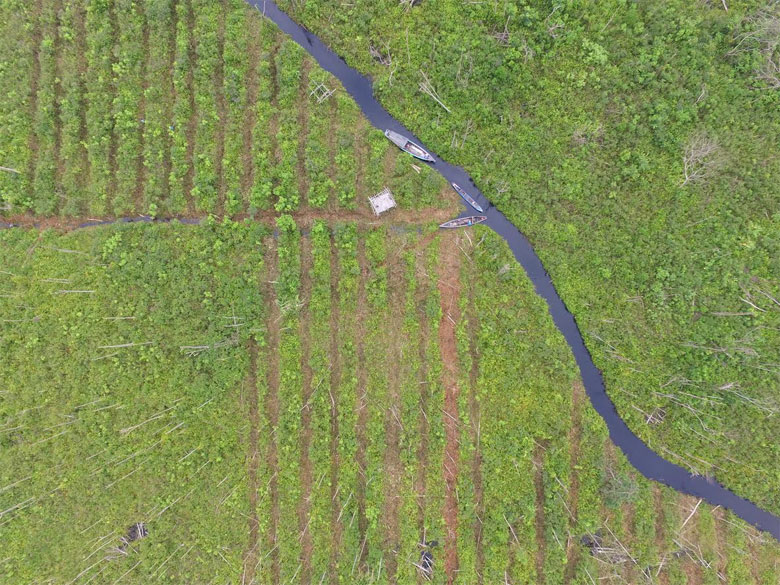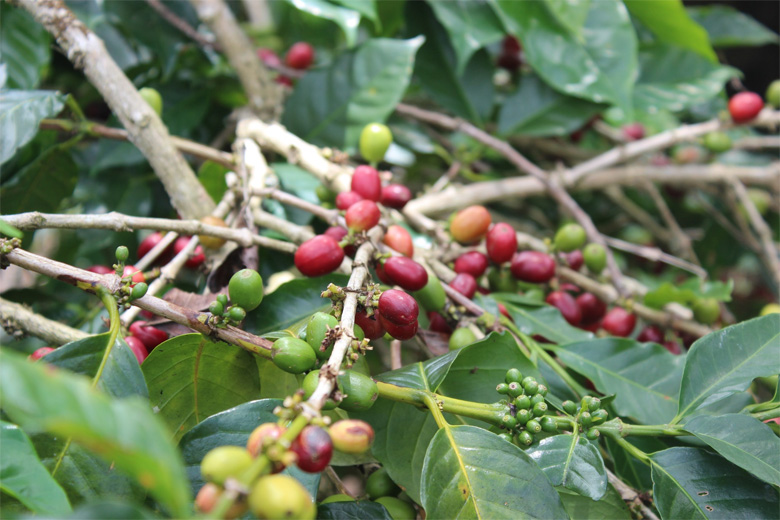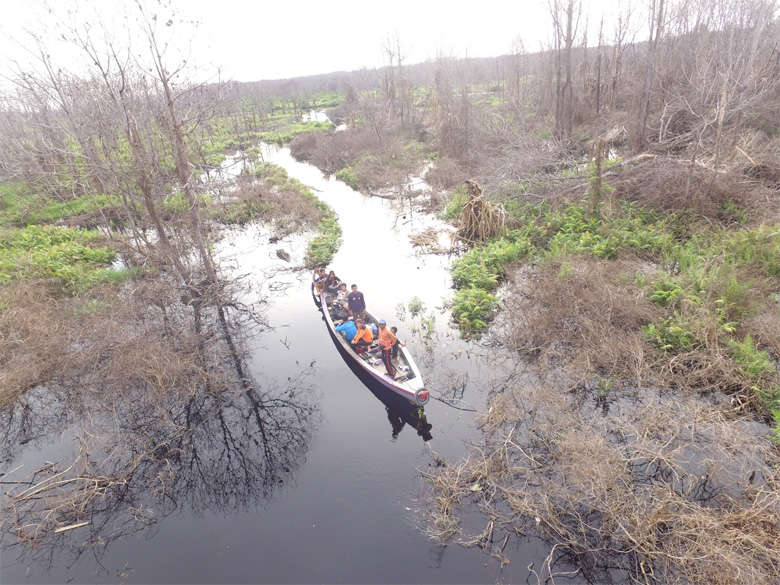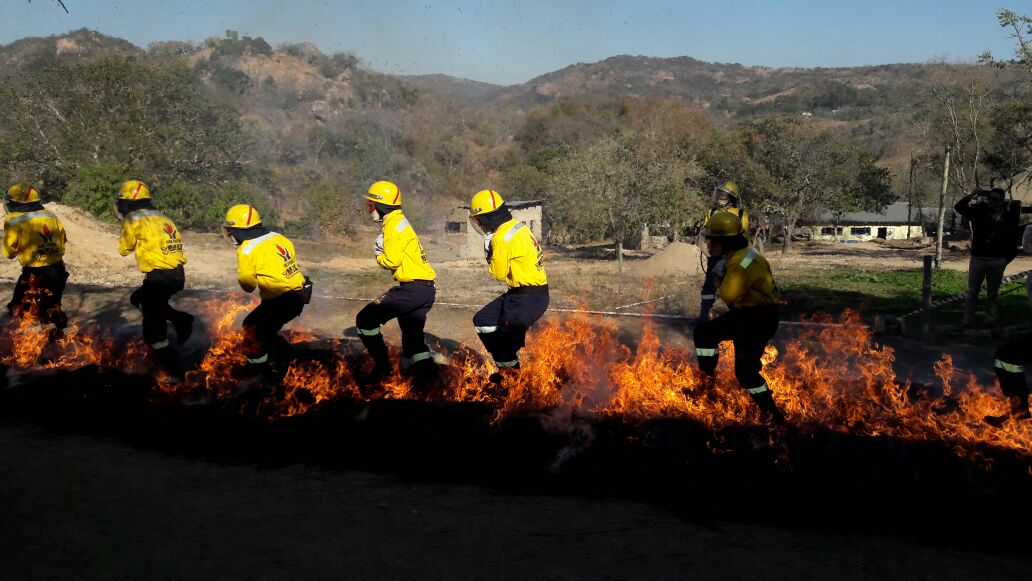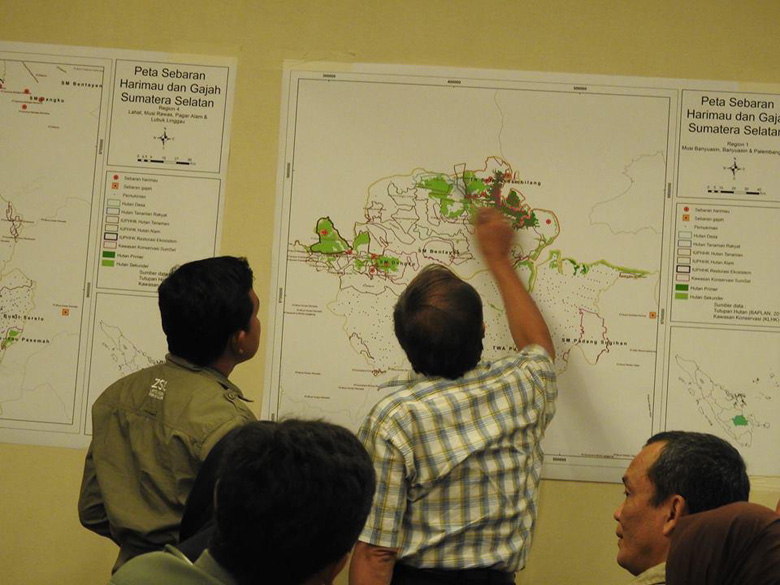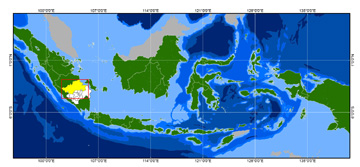CLIMATE CHANGE
As the most significant terrestrial carbon sink, forests play a vital role in the global carbon cycle and have a carbon storage capacity at least ten times greater than any other type of vegetation. Greenhouse gases resulting from changes in forest cover and forestry sector activities are estimated at 20% of total global emissions contributing to global warming and climate change. Indonesia has made a commitment to reduce its greenhouse gas emissions by 2020 under the United Nations Framework Convention on Climate Change (UNFCCC).
The success of a national GHG emissions reduction program will very much depend on a robust, but transparent information system that can link to relevant databases on carbon and other environmental and social aspects. Information and technology can be used for rapid and robust data entry, data management and analysis and output generation. Since international climate negotiations were initiated, considerable attention has been given to the question of how to monitor and measure, report and verify (MRV) reductions in greenhouse gases.
With BIOCLIME, Germany supports Indonesia's efforts to reduce greenhouse gas emissions from the forestry sector, maintain its carbon stock storage capacities, and implement sustainable forest management for the benefit of its people. In this context, BIOCLIME focuses on supporting the province of South Sumatra in developing and implementing a locally adapted participatory system for monitoring and measuring, reporting and verification that considers the specific characteristics of local ecosystems and contributes to a national MRV system.







